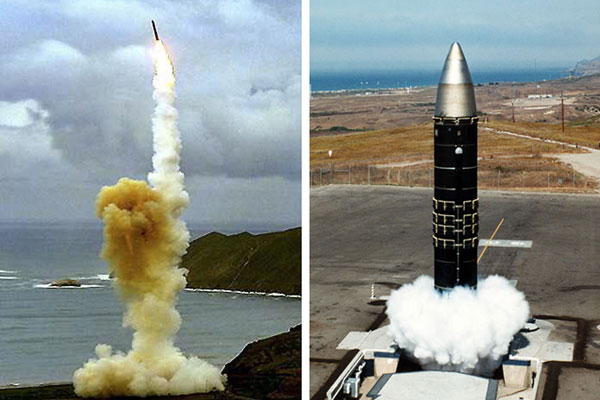Reduced Nuclear Arms: Slimmer, but Not Smarter
Joshua Holdenried /
Would reducing U.S. nuclear arms save taxpayers money?
Former Pentagon policy official David J. Trachtenberg responded to Stimson Center co-founder Barry Blechman’s piece arguing that it would.
Trachtenberg points out that the money saved by reducing the nuclear stockpile is “negligible compared to the costs of building up [the] conventional land, sea and air forces” that would be necessary for replacing the loss of a robust nuclear force. In fact, replacing nuclear weapons with conventional forces is a false notion in itself and does not achieve the same strategic ends.
Trachtenberg notes that if the Obama Administration were to pursue a unilateral reduction policy, it would simultaneously allow China to achieve nuclear parity and force allies to begin exploring nuclear options in the absence of the U.S. nuclear umbrella. In other words, a nuclear reduction policy would ironically spur an arms build-up abroad.
A unilateral arms reduction accomplishes little to nothing in terms of our strategic posturing with Russia. The Obama Administration seems to think that a unilateral reduction would encourage other nuclear states, particularly Russia, to follow the example of the U.S. This idea simply ignores the fact that Russia has no incentive to follow President Obama’s lead, especially when New START allows Russia to build up its own nuclear force while the U.S. reduces its own.
Trachtenburg ends his article with the idea that “deterrence is an art, not a science”—i.e., there is no calculated number of nuclear weapons that would ensure the safety of the U.S. and its allies. As a result, in an environment where rogue nations such as Iran and North Korea are pursuing nuclear weapons along with rivals such as Russia and China, a policy to pursue a unilateral reduction in the U.S. nuclear arsenal seems reckless at best.
Joshua Holdenried is currently a member of the Young Leaders Program at The Heritage Foundation. For more information on interning at Heritage, please click here.

